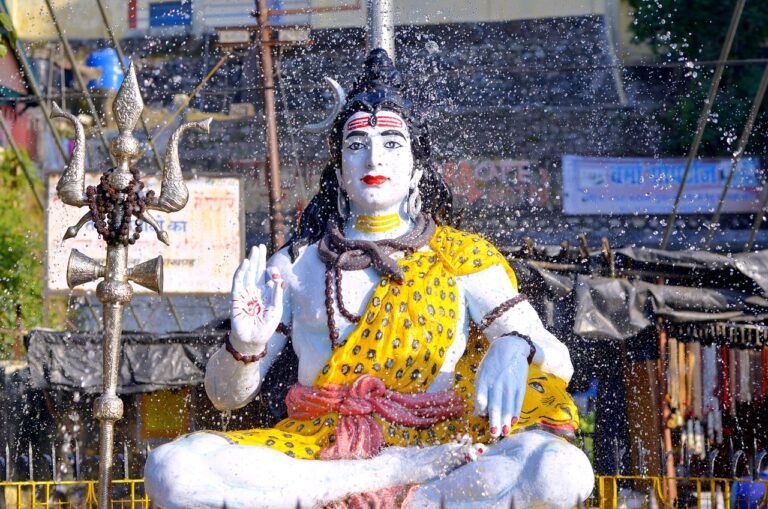Understanding the role of campaign finance in perpetuating inequality
Money plays a significant role in shaping the political landscape, with campaign contributions often being a deciding factor in the success of political candidates. The ability to fund extensive advertising campaigns, travel expenses, and staff salaries can often determine a candidate’s visibility and ultimately their chances of winning an election. As a result, those with access to substantial financial resources are able to exert a greater influence on the political process compared to those with limited resources.
Furthermore, the sway of money in politics extends beyond just election outcomes. Wealthy donors and special interest groups often wield their financial power to gain access to politicians and influence policy decisions in their favor. This can lead to a situation where the interests of the wealthy and influential are prioritized over those of ordinary citizens, potentially undermining the democratic principles of fair representation and equal participation.
The Impact of Wealthy Donors on Political Campaigns
One of the most contentious issues in modern politics is the influence of wealthy donors on political campaigns. With the rise of super PACs and the loosening of campaign finance regulations, the role of money in elections has become more pronounced. Wealthy donors have the ability to sway political outcomes by pouring massive amounts of money into campaigns, often leading to concerns about the fairness and integrity of the electoral process.
The impact of wealthy donors on political campaigns extends beyond just financial contributions. Donors who contribute substantial amounts of money to political candidates often expect favorable treatment and access to decision-makers if their candidate wins. This can create a system where policy priorities are influenced more by the desires of wealthy donors than the needs of the general public, raising questions about the true nature of democracy in the face of such significant financial influence.
• Wealthy donors have the ability to sway political outcomes by pouring massive amounts of money into campaigns
• Concerns about the fairness and integrity of the electoral process arise due to wealthy donors’ influence
• Donors who contribute substantial amounts often expect favorable treatment and access to decision-makers if their candidate wins
• Policy priorities can be influenced more by the desires of wealthy donors than the needs of the general public
• Questions about the true nature of democracy in light of significant financial influence are raised
The Connection Between Campaign Contributions and Policy Decisions
Campaign contributions from wealthy donors have long been a contentious issue in political circles. Critics argue that these donations often come with implicit expectations of influence over policy decisions. While politicians maintain that these contributions do not sway their actions, the correlation between major donors and favorable policy outcomes raises questions about the objectivity of decision-making in government.
The influence of money in politics cannot be understated, as it often determines the access and attention that policymakers give to certain issues. Wealthy individuals and corporations can channel significant funds towards political campaigns, leading to a potential conflict of interest when it comes to shaping policies that impact the general population. This dynamic raises concerns about the fairness and integrity of the policy-making process, highlighting the complexities of balancing the need for financial support with the imperative of upholding democratic values.
How do campaign contributions influence policy decisions?
Campaign contributions can influence policy decisions by giving donors access to politicians and policymakers, allowing them to push for specific policies that align with their interests.
Are all campaign contributions made with the intention of influencing policy decisions?
Not all campaign contributions are made with the explicit intention of influencing policy decisions, but the overall impact of money in politics cannot be ignored.
How do wealthy donors impact political campaigns?
Wealthy donors can have a significant impact on political campaigns by providing substantial financial support, which can help candidates reach a wider audience and fund their campaign activities.
Is there a direct correlation between campaign contributions and policy decisions?
While it is difficult to prove a direct correlation between campaign contributions and policy decisions, there is evidence to suggest that donors who contribute large sums of money often have greater influence over policy outcomes.
Are there any regulations in place to prevent the influence of money in politics?
There are regulations in place, such as campaign finance laws, that aim to prevent the undue influence of money in politics. However, loopholes and loopholes can still allow for wealthy donors to have a significant impact on policy decisions.







